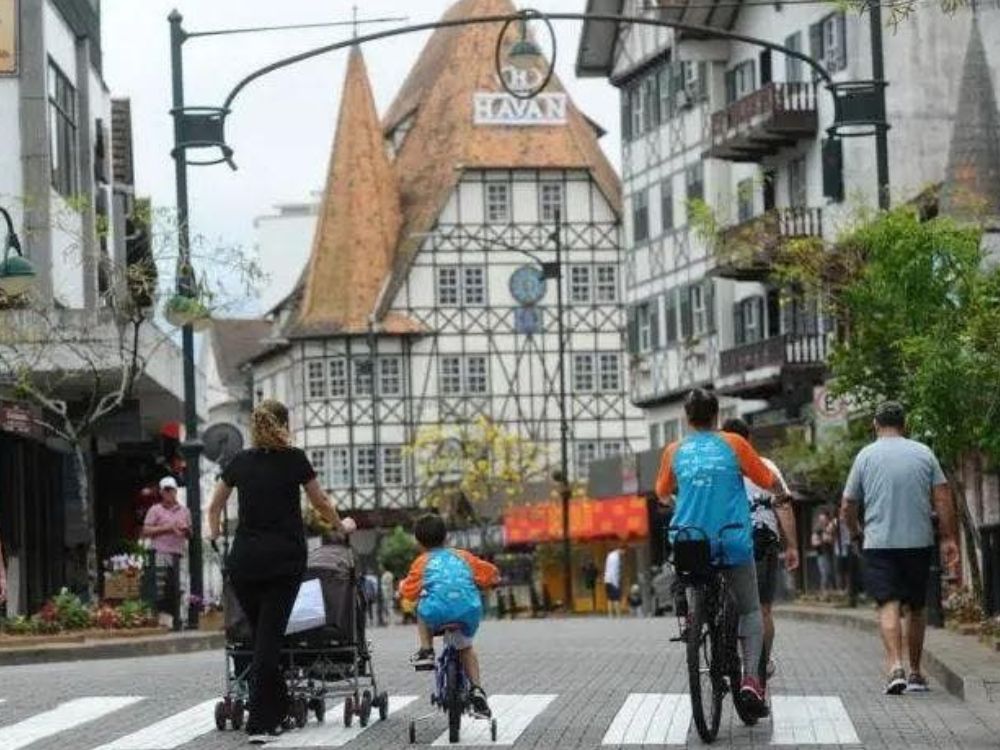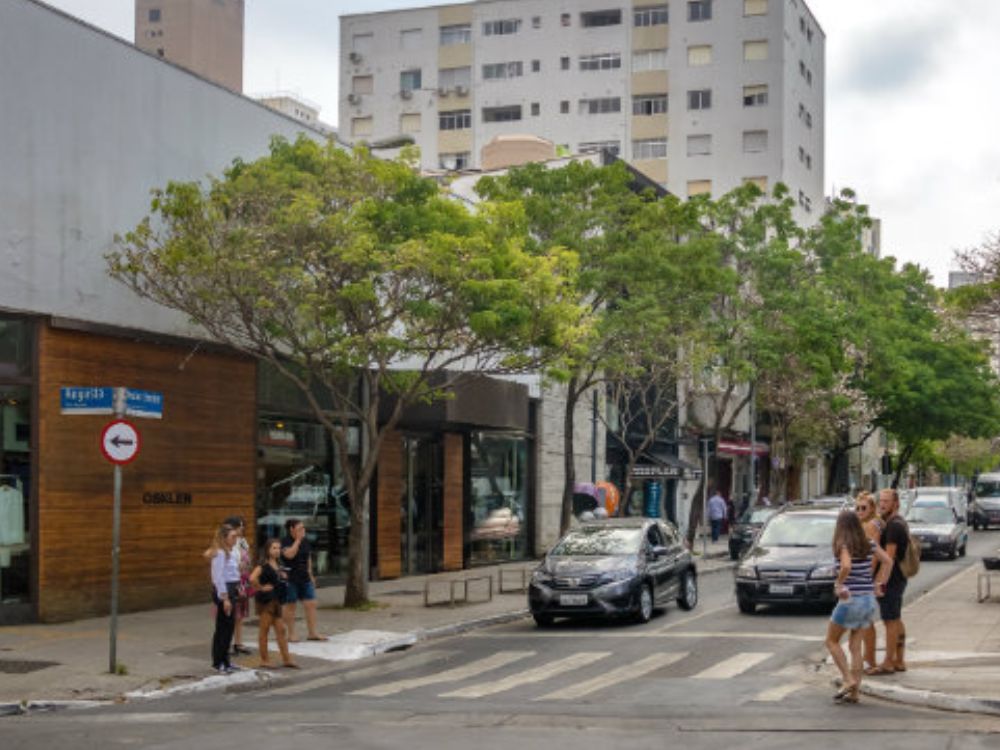
Exploring tourist cities in Brazil is a unique experience, and to ensure that every moment is memorable, it’s crucial to understand the workings of local businesses.
These tips apply to any city, from the simplest to the busiest.
1. Getting to Know the Peculiar World of Brazilian Markets
Within all Brazilian commerce, we want to focus on something that all visitors will need: food and essential items, especially in the markets.
2. From Small to Giant: Understanding Shopping Options
Throughout Brazil, from charming small towns to bustling metropolises, you will find a variety of markets.
There are the giant chains, like Carrefour or Walmart (with their variations of names), and the lovely neighborhood markets, often named after the owners’ surnames such as “Silveira” or “Oliveira”.
Here’s the peculiarity: contrary to what logic might suggest, larger establishments often offer more affordable prices.
For example, a Coca-Cola can cost about R$ 10.00 in a smaller market, while in a large chain, you can find it for R$ 7.00.
Small businesses acquire their products from large markets and, when reselling them, apply a profit margin.
There’s nothing wrong with this; it’s the pulsating heart of capitalism. However, by providing this information, we want you to have the necessary knowledge to decide where to make your purchases.
Whether in neighborhood markets, where you will usually find one on your street, where familiarity and personal touch are evident, or in large chains, where the variety of options may surprise you.
3. The Trap of Tourist Prices
If you think that only foreigners face high prices during vacations, you are very much mistaken. Often, even those who travel from other cities can end up paying more than necessary for products.
When exploring fascinating places, like the stunning beaches of Rio de Janeiro, it’s natural to want to take authentic souvenirs with you.
However, it’s important to be aware of a common trap: inflated prices in stores aimed at tourists.
These establishments often practice values much above the local market, counting on the lack of knowledge of visitors and the urgency to take something special home before returning.
Imagine yourself walking through the streets of Rio, captivated by the beauty of the beaches and the pulsating energy of the city.
Upon entering a souvenir shop, you come across incredible t-shirts, hats, and crafts. It seems to be the perfect choice to take a piece of Brazil with you.
However, upon checking the prices, the unpleasant surprise: you are about to pay double (or even more) than you would pay in a local store. What to do in this situation?

4. Research Before Buying
Before going shopping, do an online search of the average prices of the desired products.
If you have your eye on a Brazilian soda, search for it on Google and check the values in different locations.
This simple strategy helps ensure that you don’t overpay for something special.
5. Avoid Tourist Areas
This point cannot be stressed enough. Stores and markets located near tourist hotspots are often priced higher than those in less touristy areas.
This is because businesses in these areas know that tourists are likely to pay a premium for convenience and accessibility.
6. Shop at Reputable Places
When making your purchases, it is advisable to opt for places that clearly display the prices of their products.
Although it is common to find sellers and stores without visible prices, especially in more relaxed environments, it is crucial to remember that, often, you do not speak the local language or, if you do, you may have an easily recognizable accent.
Imagine yourself walking on the beach and spotting a delicious coconut water with no apparent price.
While this may seem normal in some situations, it is important to be aware that, when asking for the price, the seller may perceive that your money has a potentially higher value, acting in bad faith and charging more for the same item.
In this way, by choosing establishments that practice price transparency, you avoid possible misunderstandings and ensure a more reliable shopping experience.
Anywhere in the world, clarity in costs is fundamental for a fair and satisfactory transaction.
7. Conscious Shopping
When traveling, we want to make the most of it and bring back special memories. However, it’s important to shop consciously.
Ask yourself if the item is really worth the asking price and if you could find something similar for a fairer value. Remember that the travel experience is more valuable than any material souvenir.
Before we dive headfirst into the incredible stories that Brazil has to offer, I want to hear from you, dear reader.
Your participation is crucial in building an engaging community. So, if you feel comfortable, share in the comments what was your most expensive purchase on a trip?
